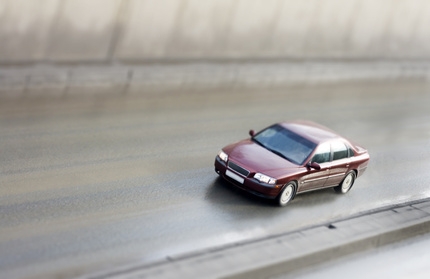
When a debtor fails to keep current on a car loan or lease, the creditor for the loan or lease can retake possession of the car, known as repossession. In Kentucky, creditors can also repossess the vehicle without a court order. Kentucky's repossession laws are codified in the Kentucky Revised Statutes, Section 186.
Once a debtor has become delinquent on a car loan, the creditor has the right to repossess the car. Creditors can repossess without a court order in Kentucky, provided repossession can be done without breaching the peace. More specifically, creditors can repossess only if the car can be retrieved without using force, threatening force or trespassing onto private property.
In Kentucky, debtors have a right to redeem their repossessed vehicle. Typically, to redeem a car, the debtor must become current on the loan and pay any associated fees with the repossession. Once the car has been repossessed, the creditor must send a written notice to the debtor alerting him of the amount owed and the amount that needs to be paid in order to redeem the car under Kentucky law. The debtor can also redeem the vehicle any time prior to the car's sale at auction.
If the creditor decides to sell the repossessed vehicle in a private or public sale to cover the debt owed, the creditor must alert the debtor of the proposed sale in writing, along with the date and time of the sale. Additionally, if the debtor has paid 60 percent or more on the car loan or lease, the debtor has the right to request the creditor sell the car to satisfy the debt. All auction sales must occur within 90 days of repossession. Further, if the creditor opts to keeps the vehicle, the creditor thereby accepts the vehicle as a full satisfaction of all outstanding debt owed by the debtor and no deficiency judgment can be entered against the debtor.
Debtors in Kentucky are entitled to any personal property left in the car at the time of repossession. Add-ons and upgrades to the car may be returned or credited to the debtor depending on the type of upgrade and the terms of the sale contract.